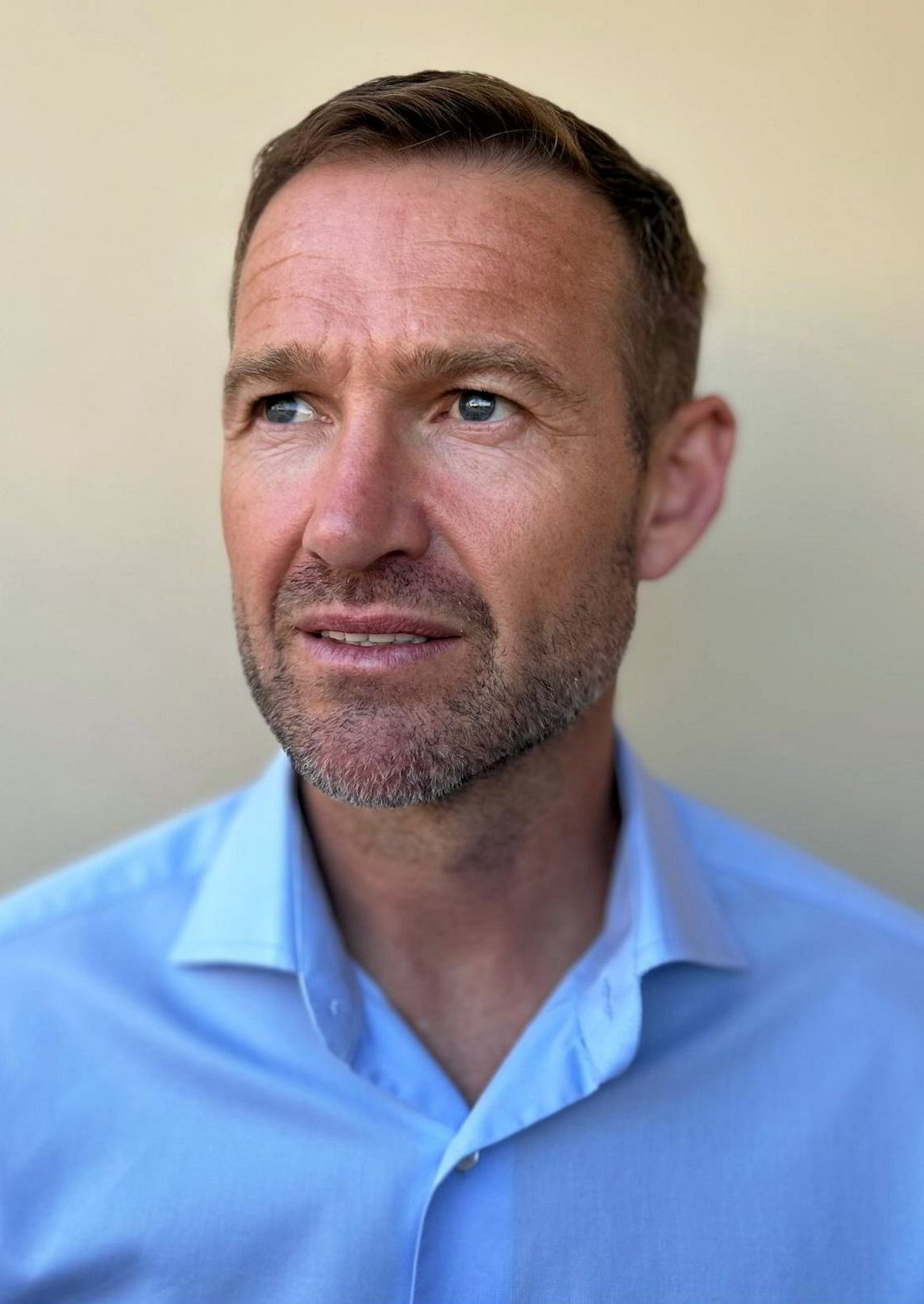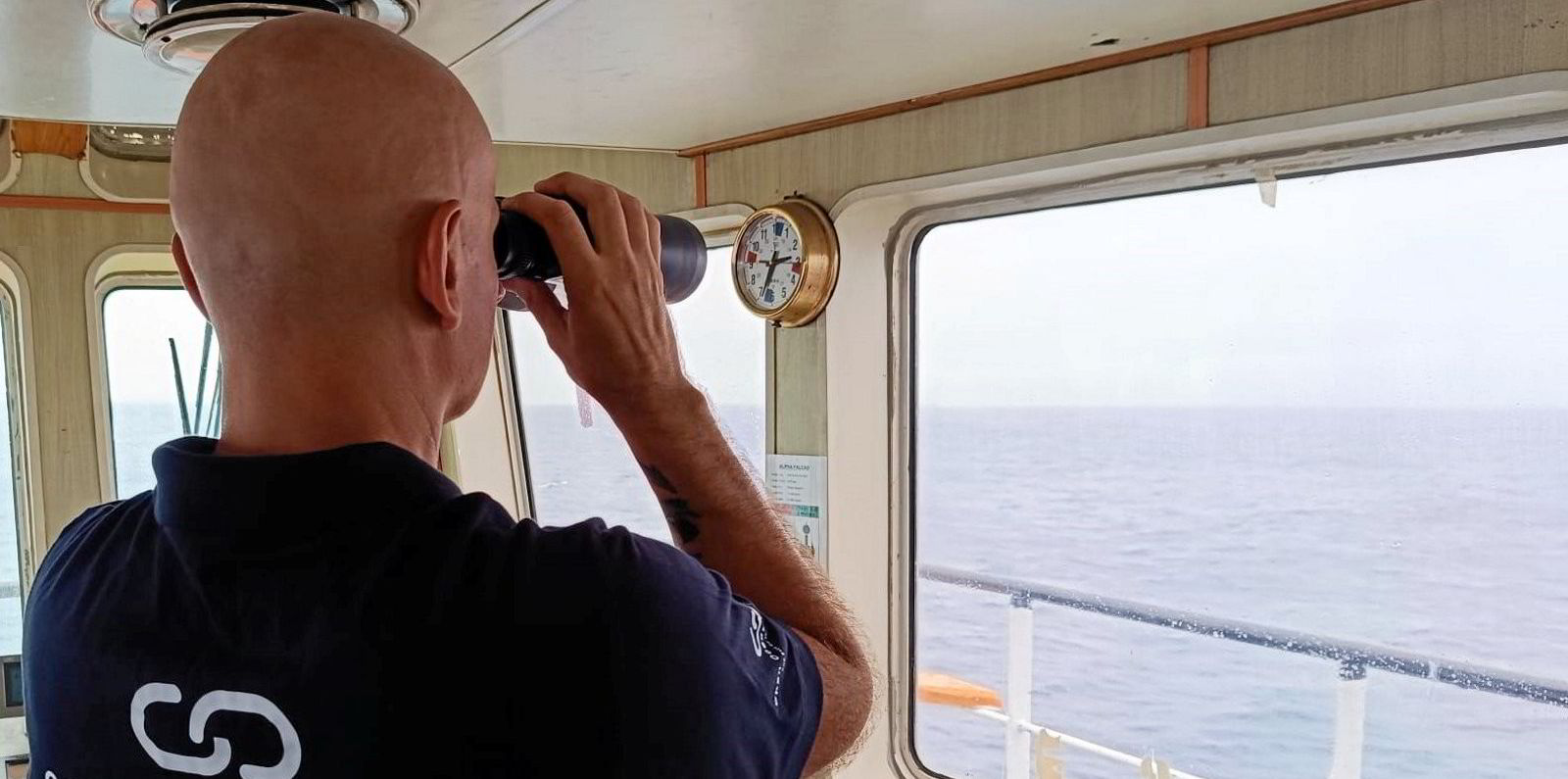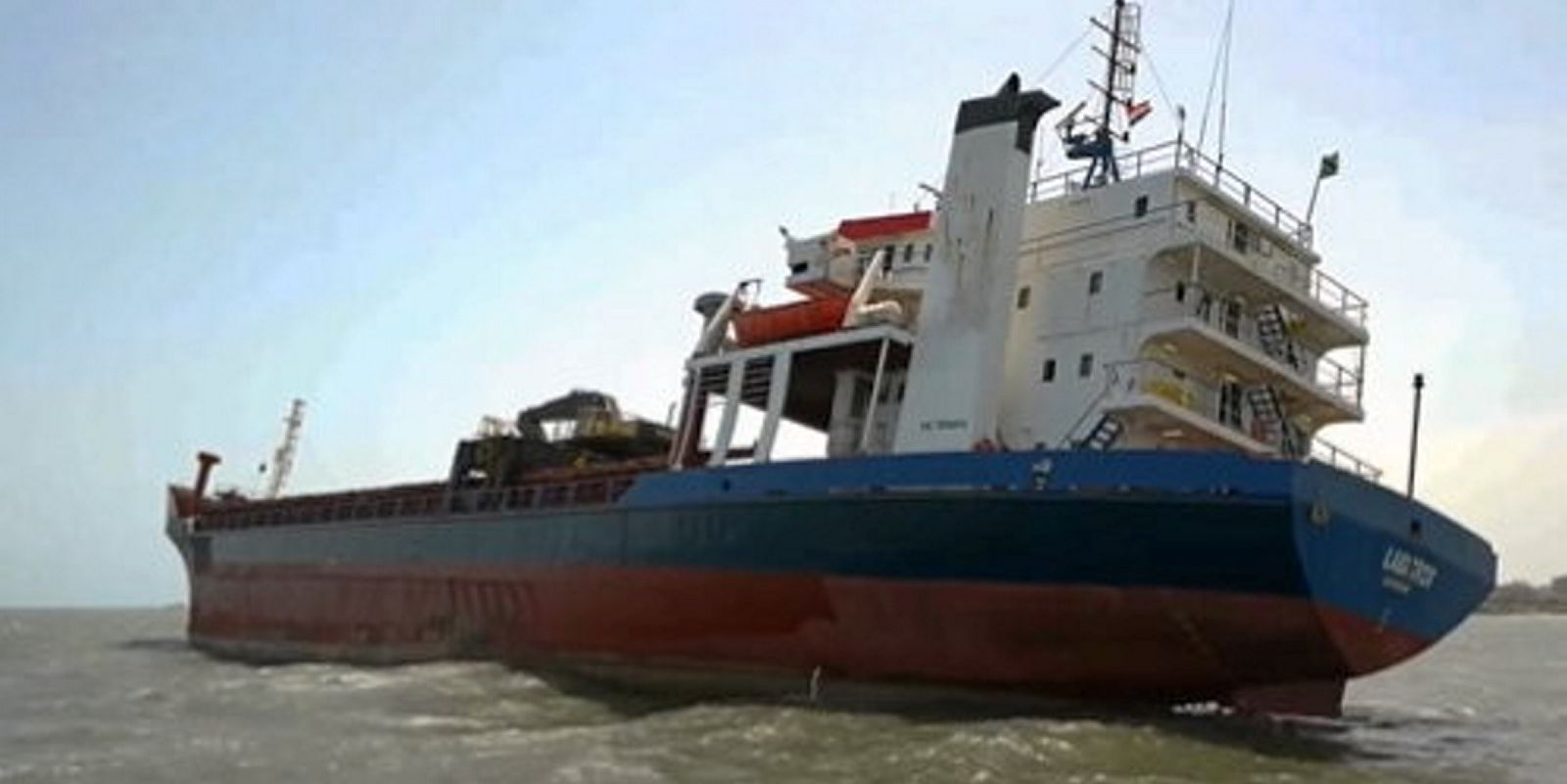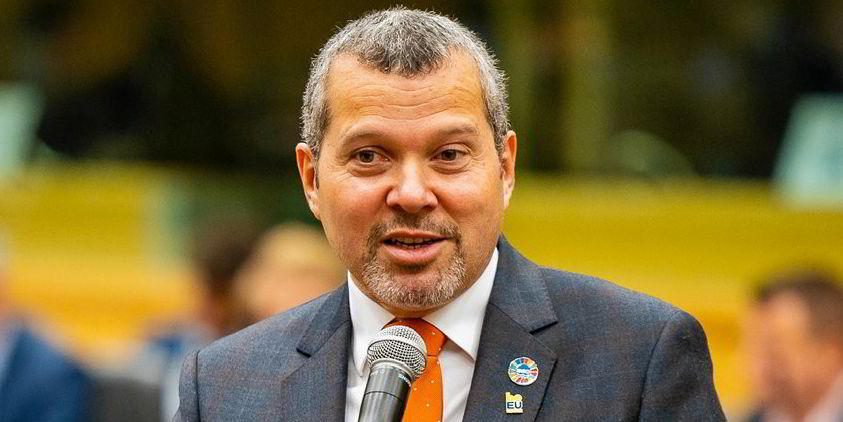A chance meeting in the gym has turned into a new venture that hopes to disrupt and modernise the maritime security sector.
Open Ocean Services was established in Cyprus by former British Royal Marine commando Karl Wall, with investment from Christopher Fjeld, the founder of bulker owner Sterling Shipping, now known as Fjeld Shipping.
Fjeld, described in Open Ocean’s press release as a “concerned shipowner”, initially met Wall in the gym around two years ago.
From concern to action
The two got talking and Fjeld’s concerns were raised as Wall described the deteriorating picture for private maritime security companies. This spurred the idea for a quality outfit that would disrupt the sector and raise standards — which became Open Ocean.
It is launching at a time when the services of maritime security firms are in high demand in response to threats such as Houthi forces in the Red Sea.
After being medically discharged from the military, Wall became a maritime security consultant in 2012, when private security companies were proliferating in response to the Somali piracy off the Horn of Africa. He told TradeWinds that standards have fallen severely since then.


Putting armed guards on vessels has become a tick-box exercise by insurers and shipowners, he said, but risk mitigation is somewhat illusory, because many security teams are not adequately trained and equipped.
Market research conducted by Open Ocean painted a grim picture, Wall said.
“Ill-trained security officers, equipment wasn’t meeting standards — weapons were damaged — some of the equipment was over 12 years old with a five-year shelf life,” he explained.
“Some of the equipment wasn’t fit for jobs of what they were described for — we’ve seen paintballing or BB [gun] helmets provided for the operators on the vessels.”
And Wall said that staff who raise concerns about the quality of personal protective equipment (PPE) and weaponry have little power to change the situation.
“I know a couple of lads have asked for a vessel to go back and change the equipment because PPE has got to be suitable for purpose,” he said.
“Because the team leader I spoke to said he had identified it, he can’t then give it to his team members because it becomes negligent — and then obviously it can even lead to corporate manslaughter because the equipment’s not up to standard.”
Open Ocean will offer what Wall called a “premium” service — that is, more expensive than its competitors. Personnel will be sourced in Poland, where he said it is easy to conduct due diligence and do police background checks on staff.
Fjeld Shipping will be Open Ocean’s first customer and the security firm is in discussions with certain Norwegian owners and ship managers.
Elevating maritime security
Two unarmed operators are on board a Fjeld Shipping vessel acting as bridge response officers, liaising with the captain and training the crew on what to do in the unlikely event of an attempt to board the vessel, Wall said.
Open Ocean says it is the only maritime security company with a training programme for what Wall called the “3D threat” in the Red Sea area — in other words, the aerial threats posed to vessels by drones; by sea in the form of approaches by hostile craft; and by underwater explosive devices.
“With the 3D threats now threatening vessels, obviously subsea and aerial threats are very difficult to mitigate, and secondary sea-surface threats can follow very quickly,” Wall explained.
“Our onboard personnel are vital in mitigating various risk levels by either identifying and preparing for such attacks and giving the much-needed immediate response that masters and crew require.”
Wall believes that such training — which can be delivered on board or onshore — could have prevented a $5m ransom being paid this past week to release crew who were captured from a vessel.
“That wouldn’t have happened if our personnel were on board. The lack of procedures and panic would have been mitigated and ensured all the assets were protected for the time needed until response agencies were on scene,” he said.
“This failure was a huge financial impact to the shipping company and potentially a lifetime traumatic experience to the crew, which all could have been avoided.”





